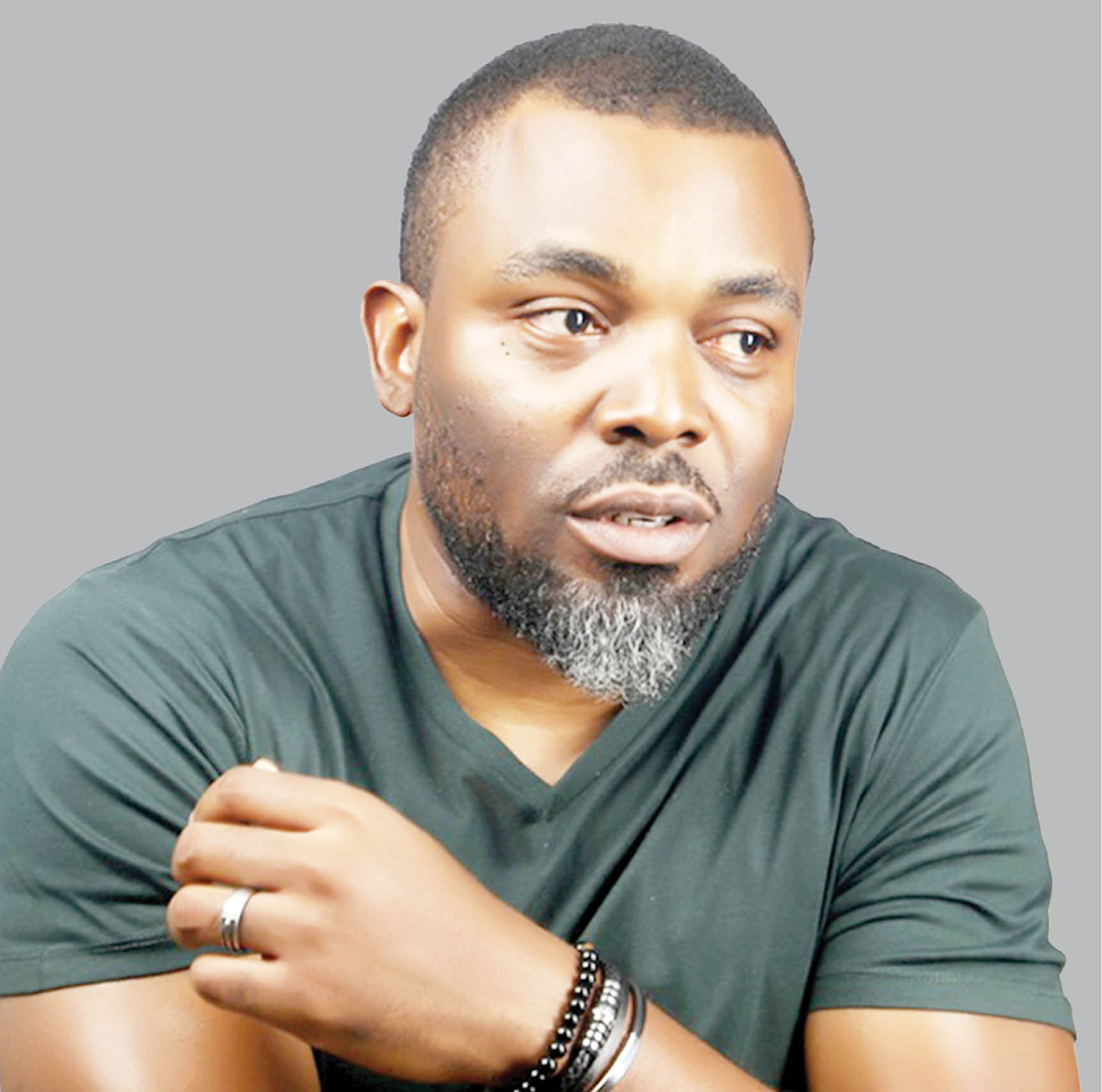Chimeka Garricks is the author of ‘A Broken People’s Playlist’, a collection of short stories published in 2020 and ‘Tomorrow Dies Yesterday’ (2011), a novel.
Here, he talks about working on his second book, what readers seemed to miss in the first, and more. Excerpts:
Readers who have read your debut novel, ‘Tomorrow Died Yesterday’, were excited about the prospect of reading ‘A Broken People’s Playlist’. What was it like working on a short story collection after about 10 years since you released a novel? Also, what was it like doing the sprint instead of the marathon a full-length prose requires?
Rather than your running analogy, I prefer to use Lorrie Moore’s quote – “A short story is a love affair, a novel is a marriage”.
Let me explain. I write slowly, due to distractions, laziness, and so on, but my characters are alive in my head the entire length of my writing process.
This means, with a novel, which takes me years to write, the characters, with all their ‘wahala’, live rent-free with me throughout that period – and frankly, I get sick of them sometimes.
Short stories, with a writing period of days and weeks, makes it easier for characters to come and go without entering the see-finish stage.
It’s no secret that your stories were inspired by songs. What was the process like? Did you listen to music with the expectation that it would actually trigger a story or was it always coincidental?
It was a bit of both. Like most writers, I had several unexplored story ideas in my mind.
After music helped trigger the earlier stories, I started listening to more music, with the hope, not expectation, that the songs will help draw out other stories. And when it happened, it always seemed coincidental and miraculous.
A reader gets the sense that you write easily, despite your confession that you struggled to write after your debut novel. Your piece, ‘Lost Stars’, is a typical example. How are you able to make your characters come alive?
Some stories were easier to write than others, but for the record, I don’t think I write easily.
‘Lost Stars’ was one of the experimental stories in the collection because I am still learning to write realistic women characters, and writing it was one of my tests.
Regarding the question about how I make characters come alive, I think it’s a mix of: years of people-watching, understanding human nature and basic pop psychology, some empathy and putting myself in a character’s shoes, and a bit of imagination.

One of your stories touches on the aspect of police brutality, where cops used a scapegoat to quickly wrap up a case knowing fully well the young man was innocent. Was that story inspired by an actual incident or was a song the particular trigger for that theme?
I had the kernel of the idea somewhere, but Brymo’s song of the same title triggered my writing of ‘In the City’.
I wrote it as a lawyer for over 20 years who assumed he had heard enough police brutality stories to not be surprised. Then #EndSARS happened.
Now, I tell people that the truth about police brutality in Nigeria, is a lot stranger than the fiction of ‘In the City’ as shocking as the fiction may seem.
Your first book focused on militancy in the Niger Delta. How easy was it to move away from the crises in the region and focus on other social issues in ‘A Broken People’s Playlist’?
Although it was set in the Niger Delta and involved deconstructing militancy and some of the politics, fundamentally ‘Tomorrow Died Yesterday’ is a novel about friendships.
Somehow, this got diminished, and most of the conversations about the book centred on the Niger Delta crises.
As someone from the region, there is no moving away from the challenges we face.
However, as a writer, I appreciate the fact that ‘A Broken People’s Playlist’ has shown that there is a lot more to my writing.
Sometimes it seemed like you eavesdropped on actual conversations. What does it take to write good dialogue and create relatable characters like Buddha in ‘I Put a Spell on You’?
How to write good dialogue and create relatable characters? Watch and understand people, particularly colourful characters. Live an interesting life.
Don’t take yourself too seriously. Find humour in every situation, yes, even dark humour.
Listen and enjoy your characters’ conversations in your head.
Understand that characters don’t have to be role models or likeable – they just must be interesting.
Visualize characters in plays or movies and see if they fit. Read. Google. Write.

 Join Daily Trust WhatsApp Community For Quick Access To News and Happenings Around You.
Join Daily Trust WhatsApp Community For Quick Access To News and Happenings Around You.


